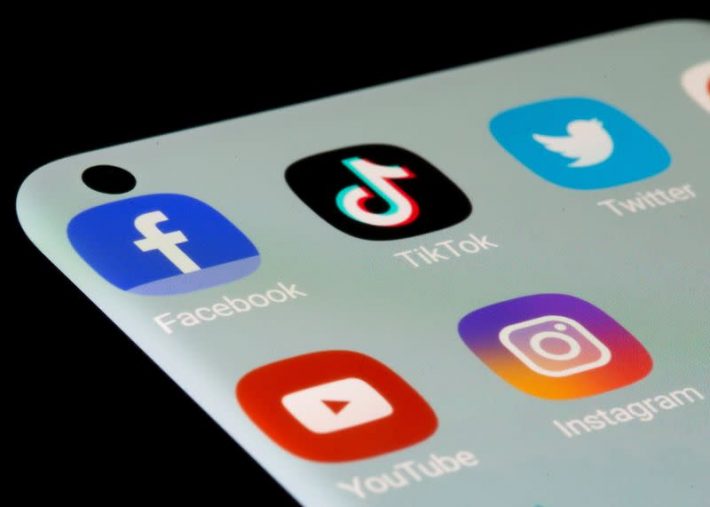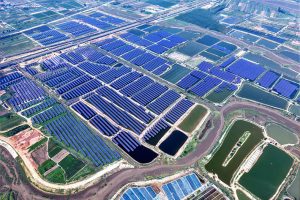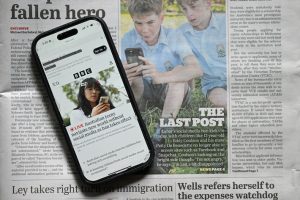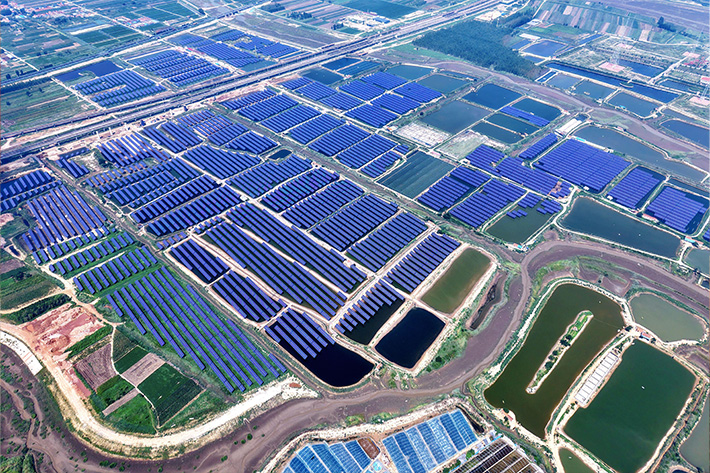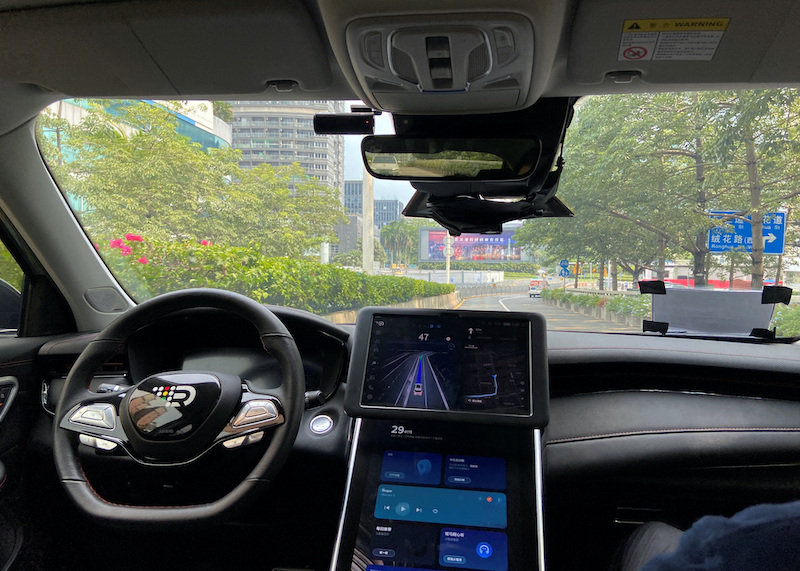Australia’s centre-left government says it wants young teenage children off social media because of concerns about their mental and physical health.
But the move – based on a report by a review by former High Court Chief Justice Robert French – has sparked a backlash from digital rights advocates, who claim the measure could drive dangerous online activity underground.
Prime Minister Anthony Albanese plans to set a minimum age limit for children – likely to be between 14 and 16 – to use social media by late this year, although he conceded it may be difficult to achieve.
ALSO SEE: Pacific Islands Want ICC to Make Ecocide a Criminal Offence
Prime Minister Anthony Albanese said his government would run an age verification trial before introducing age minimum laws for social media this year.
“I want to see kids off their devices and onto the footy fields and the swimming pools and the tennis courts,” Albanese told the Australian Broadcasting Corp.
“We want them to have real experiences with real people because we know that social media is causing social harm,” he added.
The law would put Australia among the first countries in the world to impose an age restriction on social media. Previous attempts, including by the European Union, have failed following complaints about reducing the online rights of minors.
Meta ‘wants to empower youths’
Meta, owner of Facebook and Instagram, which has a self-imposed minimum age of 13, said it wanted to empower young people to benefit from its platforms and equip parents with the tools to support them “instead of just cutting off access”.
YouTube owner Alphabet did not respond to a request for comment and TikTok were not immediately available for comment.
Australia has one of the world’s most online populations with four-fifths of its 26 million people on social media, according to tech industry figures. Three quarters of Australians aged 12 to 17 had used YouTube or Instagram, a 2023 University of Sydney study found.
Albanese announced the age restriction plan against the backdrop of a parliamentary inquiry into social media’s effects on society, which has heard sometimes emotional testimony of poor mental health impacts on teenagers.
But the inquiry has also heard concerns about whether a lower age limit could be enforced and, if it is, whether it would inadvertently harm younger people by encouraging them to hide their online activity.
“This knee-jerk move … threatens to create serious harm by excluding young people from meaningful, healthy participation in the digital world, potentially driving them to lower quality online spaces,” Daniel Angus, director of the Queensland University of Technology Digital Media Research Centre, said.
Australia’s own internet regulator, the eSafety Commissioner, warned in a June submission to the inquiry that “restriction-based approaches may limit young people’s access to critical support” and push them to “less regulated non-mainstream services”.
The commissioner said in a statement on Tuesday it would “continue working with stakeholders across government and the community to further refine Australia’s approach to online harms” which can “threaten safety across a range of platforms at any age, both before and after the mid-teen years”.
DIGI, an industry body representing social media platforms, said the government should listen to “expert voices such as the eSafety Commissioner … mental health experts, as well as LGBTQIA+ and other marginalised groups who have expressed concerns about bans so that we’re not unintentionally pushing our kids into unsafe, less visible parts of the Internet”.
- Reuters with additional input and editing by Jim Pollard
ALSO SEE:
Facebook Partner Says Phone Apps Spy on Users for Adverts
Investors in Musk’s X Tied to Sanctioned Putin Allies – Essanews
TikTok Ban Would Help ‘Enemy of the People’ Facebook: Trump
Suspicion And Mistrust Continuing to Shadow TikTok
TikTok Hit With $370m EU Fine Over Children’s Data Breaches
Meta Links Chinese Law Enforcement to ‘Spamouflage’ Posts
US Demands Answers on China Accessing Facebook Data – CNN
Fake Chinese Accounts Flourish on X, Analysis Shows – WaPo
Elon Musk Twitter Feed ‘Attracts 23% Spam, Fake Account Rate’
Australia Bans TikTok Risking Ongoing Trade Talks With China




